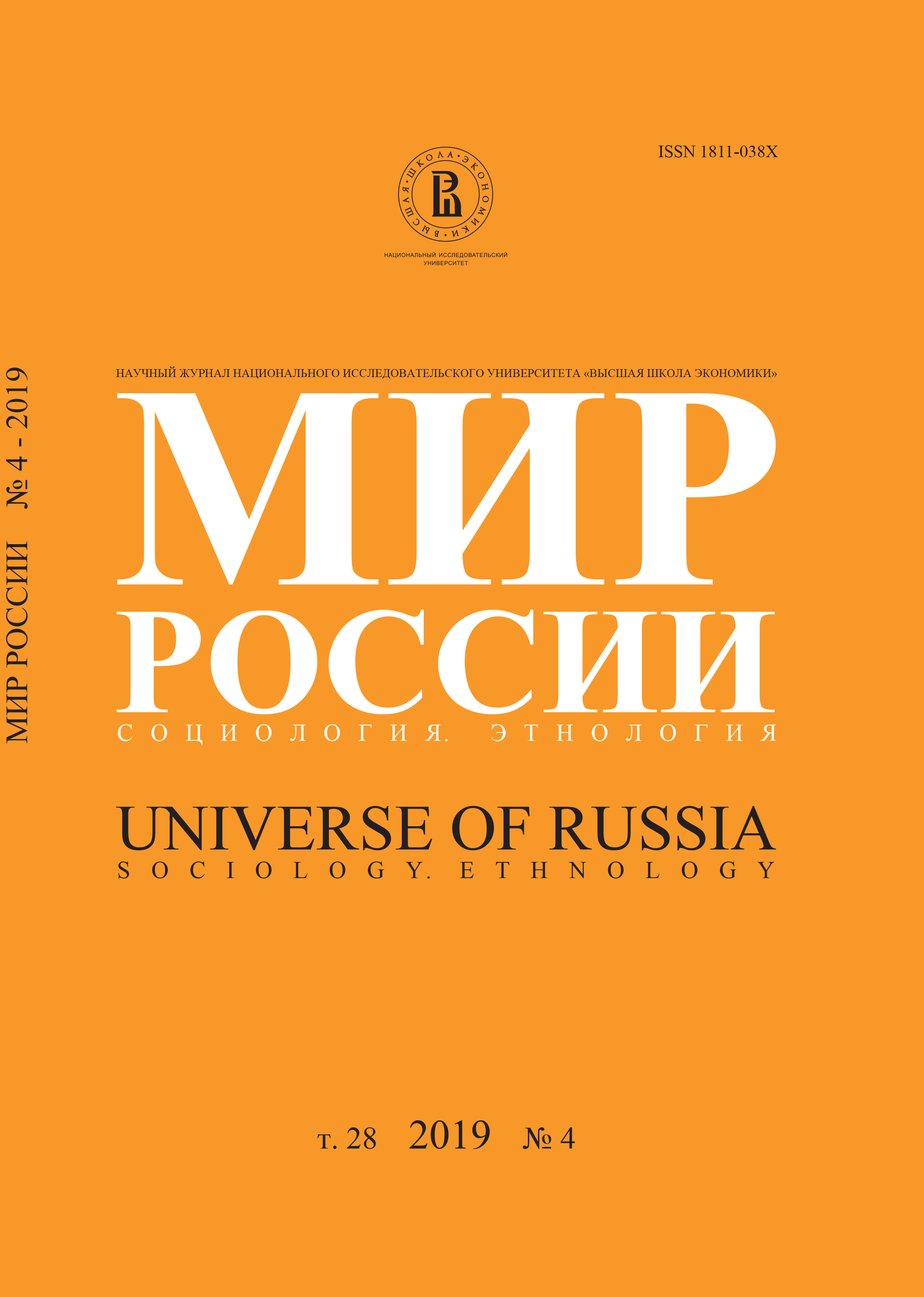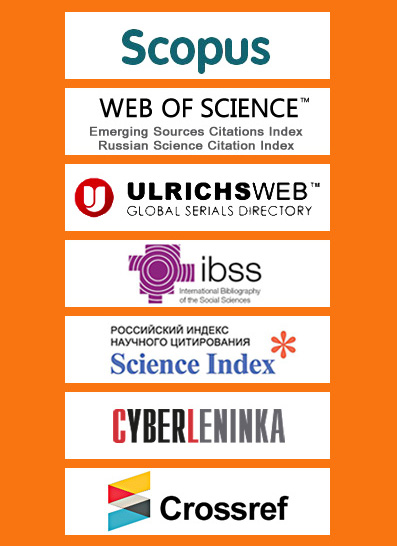Российское государство в конфессиональной сфере, или национальные особенности секуляризма
Аннотация
Цитирование: Малахов В.С., Летняков Д.Э. (2019) Российское государство в конфессиональной сфере, или национальные особенности секуляризма // Мир России. Т. 28. № 4. С. 49–67. DOI: 10.17323/1811-038X-2019-28-4-49-67
Сравнивая формат государственно-конфессиональных отношений в современной России с устройством аналогичных отношений в западноевропейских странах, авторы демонстрируют, что российский случай во многих случаях специфичен, но не является исключительным: Россия – такое же светское государство, как и другие. Что касается мнения ряда исследователей, согласно которому в России в последние годы происходит десекуляризация государства, то, на взгляд авторов, подобная точка зрения возникает из-за чрезмерного внимания к символической политике российских властей. Если же оставить за скобками риторические жесты и политические инсценировки, можно заключить, что на институциональном уровне существенных изменений не произошло. В сегодняшней России наблюдается не сращивание государства с религиозными организациями (в частности, с РПЦ), а использование государством религиозных институтов для дополнительной легитимации власти и усиления контроля над населением, при этом религиозные институты не выступают как автономные игроки и тем более как политический субъект. Стратегию Кремля в сфере государственно-конфессиональных отношений авторы характеризуют как управляемый плюрализм. Государство привилегирует ряд конфессий и соответствующих религиозных организаций, рассчитывая на их лояльность. В то же время организации, не попавшие в число избранных, подвергаются дискриминации, а иногда и репрессиям.






